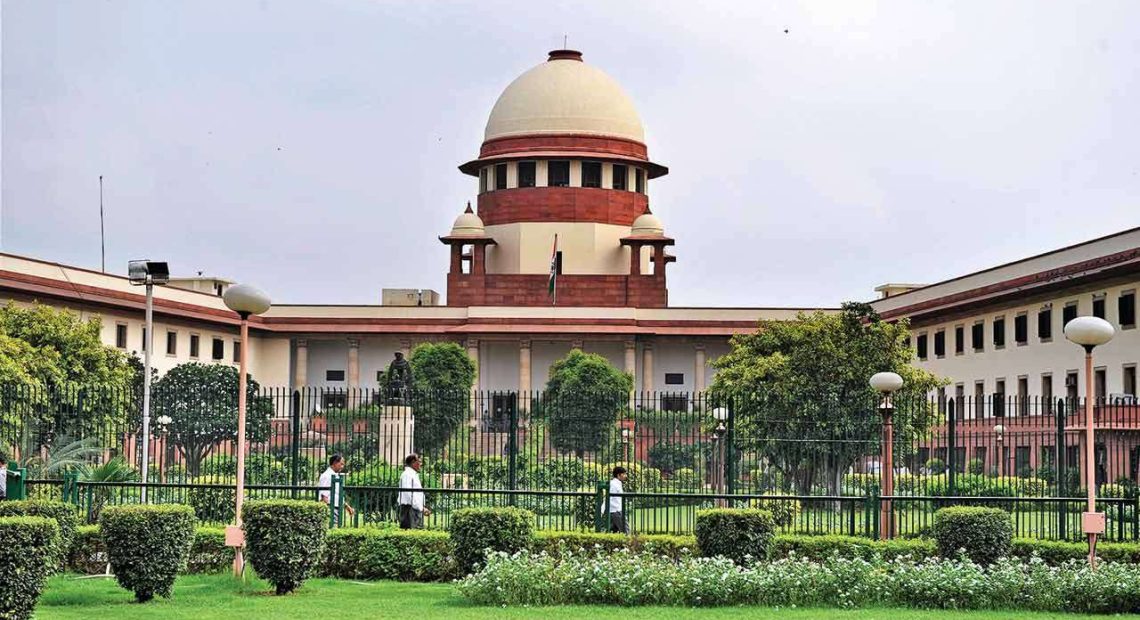
Supreme Court Rejects Repeated PILs on Rohingya Deportation
India’s Supreme Court on May 16, 2025, firmly rejected repeated petitions seeking to halt the deportation of Rohingya refugees, warning petitioners against filing identical Public Interest Litigations (PILs) without introducing new facts. The court expressed serious displeasure over the repeated legal interventions, which it said were wasting judicial time without bringing forward any substantial change in circumstances.
Court Warns Against Redundant Legal Challenges
The bench of Justices Surya Kant and N. Kotiswar Singh directed its remarks towards senior advocate Colin Gonsalves, who has been representing several Rohingya petitioners. The court reminded him that a similar plea had already been dismissed on May 8, 2025, and any new petition must be based on fresh evidence, not recycled arguments.
Gonsalves attempted to invoke previous Supreme Court rulings regarding Chakma refugees, as well as recent international reports from the United Nations and the International Court of Justice. However, the court remained unconvinced, stating, “You cannot keep filing similar petitions unless there is a fresh cause or material.”
India Not Bound by UN Refugee Convention
The court reiterated a long-standing position that India is not a signatory to the 1951 UN Refugee Convention or its 1967 Protocol. It questioned the automatic recognition of Rohingyas as refugees, especially when the United Nations High Commissioner for Refugees (UNHCR) status was being used as a basis to block deportations.
The bench added that without concrete new developments, the judiciary cannot interfere with decisions already taken after due process. This signals a strong reluctance from the judiciary to intervene in national security and immigration matters without compelling legal grounds.
Rohingya Communities Face Renewed Uncertainty
The court’s decision has sparked renewed fear among Rohingya communities living in India, especially in areas like Delhi’s Kalindi Kunj and Shram Vihar. Over the past few weeks, there have been reports of sudden arrests and quiet deportations, leaving families disoriented and fearful.
Most Rohingyas in India had fled persecution in Myanmar and have lived in the country for several years, often without formal citizenship or legal rights. While activists argue for their humanitarian protection, the government maintains that their presence poses potential security risks.
As deportations continue quietly and judicial relief appears increasingly unlikely, the fate of thousands of Rohingyas remains in legal and political limbo.


















